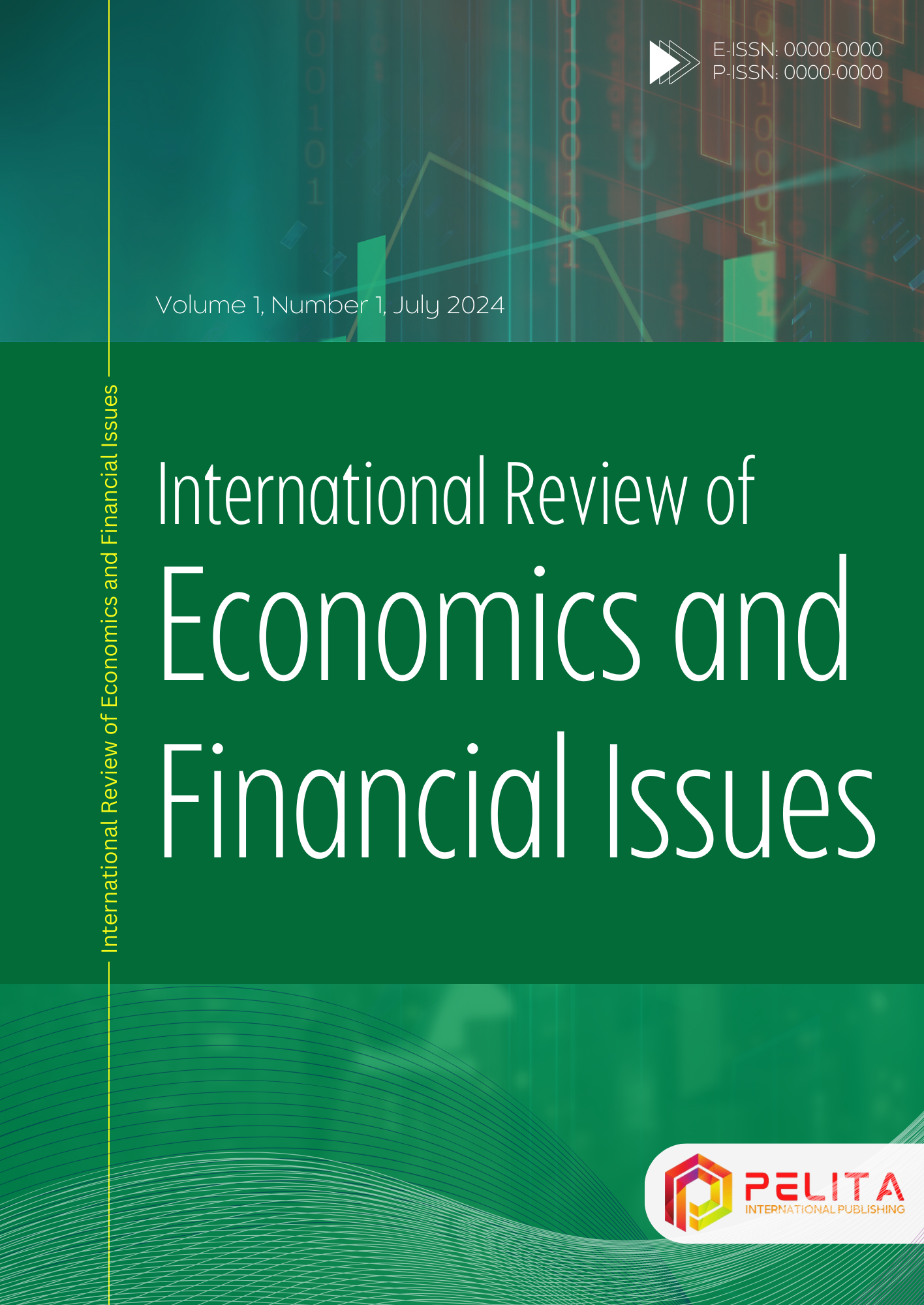
Abstract
The village legislation has placed the village as the spearhead of development and improvement of social welfare. Villages are given adequate authority and funding sources to manage their potential to improve the economy and community welfare. The research objective is to analyze the influence of village funds on poverty in Aceh Province, Indonesia. This research uses secondary data from panel data, namely Village Fund, Poverty, and Gross Regional Domestic Product (GRDP) data from regencies and cities in Aceh Province, Indonesia, from 2010 to 2018. These data are sourced from the Statistics Indonesia (BPS). This research uses a qualitative descriptive analysis model and panel data analysis. Regression analysis in this study uses static panel data. The variable village funds in this research influence poverty reduction in districts and cities in Aceh Province. However, the effect is not too significant because the exertion of village funds is not yet on target, as village funds are widely used for infrastructure construction.
Keywords:
Vilage funds development povertyReferences
Abd Rahman, N. H., Ismail, S., & Ridzuan, A. R. (2020). Ageing population and economic growth: An empirical investigation. Sciences, 10(5), 609-625. http://dx.doi.org/10.6007/IJARBSS/v10-i5/7234 DOI: https://doi.org/10.6007/IJARBSS/v10-i5/7234
Attanasio, O., Bonfatti, A., Kitao, S., & Weber, G. (2016). Global demographic trends: consumption, saving, and international capital flows. In Handbook of the Economics of Population Aging (Vol. 1, pp. 179-235). North-Holland. https://doi.org/10.1016/bs.hespa.2016.09.006 DOI: https://doi.org/10.1016/bs.hespa.2016.09.006
Chandoevwit, W. & Ashakul, B. (2008). The impact of the village fund on rural households. TDRI Quarterly Review, 23(2), 9-16.
Datt, G. & Ravallion, M. (2002). Is India’s economic growth leaving the poor behind? Journal of Economic Perspectives, 6(3), 89-108. https://doi.org/10.1257/089533002760278730 DOI: https://doi.org/10.1257/089533002760278730
Gujarati, D. N., & Porter, D. C. (2009). Basic Econometrics (5th ed.). McGraw-Hill/Irwin.
Mberu, B. U., & Ezeh, A. C. (2017). The population factor and economic growth and development in Sub-Saharan African countries. African Population Studies, 31(2), 3833-3844. https://doi.org/10.11564/31-2-1056 DOI: https://doi.org/10.11564/31-2-1056
Menike, H. A. (2018). A literature review on population growth and economic development. International Journal of Humanities Social Sciences and Education, 5(5), 67-74. https://dx.doi.org/10.20431/2349-0381.0505009 DOI: https://doi.org/10.20431/2349-0381.0505009
Republic of Indonesia. (2014a). Government Regulation Number 43 of 2014 concerning Implementing Regulations of Law Number 6 of 2014 concerning Villages. State Secretariat of The Republic of Indonesia.
Republic of Indonesia. (2014b). Government Regulation Number 60 of 2014 concerning Village Funds Sourced from the State Revenue and Expenditure Budget. State Secretariat of The Republic of Indonesia.
Republic of Indonesia. (2014c). Law of The Republic of Indonesia Number 6 of 2014 concerning Village. State Secretariat of The Republic of Indonesia.
Salvati, L., & Zambon, I. (2019). The (metropolitan) city revisited: Long-term population trends and urbanization patterns in Europe, 1950-2000. Population Review, 58(1). https://doi.org/10.1353/prv.2019.0004 DOI: https://doi.org/10.1353/prv.2019.0004
Siregar, H., & Wahyuniarti, D. (2008). Dampak Pertumbuhan Ekonomi Terhadap Penurunan Jumlah Penduduk Miskin. Jurnal Ilmiah, 24-40.
Suharjo, B. (1997). Elimination of climate effect on agriculture commodity in long term research. In Forum Statistika dan Komputasi (Indonesia) (Vol. 2, No. 1).
Sutiyo, & Maharjan, K. L. (2017). Does Decentralization Matter in Rural Poverty Alleviation? In Decentralization and Rural Development in Indonesia (pp. 139-149). Springer, Singapore. https://doi.org/10.1007/978-981-10-3208-0_11 DOI: https://doi.org/10.1007/978-981-10-3208-0_11
License
Copyright (c) 2024 Afrizal, Abd. Jamal, Chenny Seftarita

This work is licensed under a Creative Commons Attribution 4.0 International License.
You are free to:
- Share — copy and redistribute the material in any medium or format for any purpose, even commercially.
- Adapt — remix, transform, and build upon the material for any purpose, even commercially.
The licensor cannot revoke these freedoms as long as you follow the license terms.
Under the following terms:
- Attribution — You must give appropriate credit, provide a link to the license, and indicate if changes were made. You may do so in any reasonable manner, but not in any way that suggests the licensor endorses you or your use.
- No additional restrictions — You may not apply legal terms or technological measures that legally restrict others from doing anything the license permits.
Notices:
You do not have to comply with the license for elements of the material in the public domain or where your use is permitted by an applicable exception or limitation.
No warranties are given. The license may not give you all of the permissions necessary for your intended use. For example, other rights such as publicity, privacy, or moral rights may limit how you use the material.





